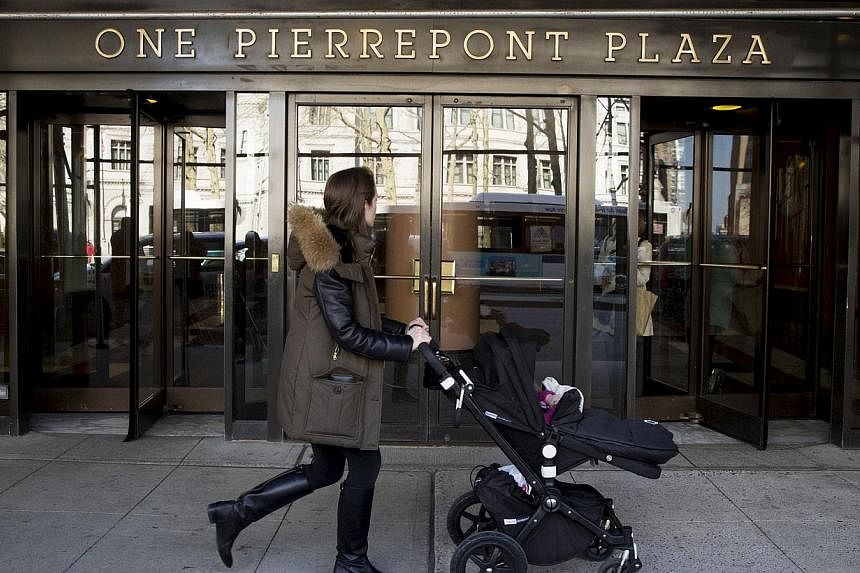It was the real estate deal heard around the United States. When former secretary of state Hillary Clinton's team reportedly signed a lease for a large, swanky office space in Brooklyn last week, it raised eyebrows not just because it set the clock ticking for her official entry into the presidential race, but also for the little insight into the kind of campaign she is going to run.
As candidates begin officially entering the race - Texas Senator Ted Cruz and Kentucky Senator Rand Paul were the first two to announce - anticipation is rising for the declarations of front-runners like Mrs Clinton and former Florida governor Jeb Bush.
By picking her office headquarters, Mrs Clinton gave everyone a big hint that her announcement will be soon. Election rules dictate that any candidate must file official paperwork within 15 days of conducting official campaign activity.
That she chose to set up shop in 1 Pierrepont Plaza in the hip neighbourhood of Brooklyn Heights outside of New York City - a place she has little real connection to - reflects the complex dance candidates have to make when picking where to base their headquarters.
The first instinct of many is to simply set up shop in their home state. President Barack Obama ran his campaign operations for the 2008 and 2012 elections from Chicago, Illinois; Mr Cruz has set up his HQ in Houston, Texas; Mr Paul will likely operate out of Louisville, Kentucky; Wisconsin governor Scott Walker will be in Madison and all indications point to Mr Bush setting up his stall in Miami, Florida.
Candidates often already have a strong donor base in their home state, good name recognition and can be relatively close to the homes of trusted staff members. It can sometimes be difficult to ask key advisors - especially those with families - to uproot everything for 18 months to follow a campaign.
A smaller but no less important benefit of having your office in your home state is that you are likely to find yourself among friends. The last thing candidates want is to have staff members head to work every day in a neighbourhood that supports somebody else.
All of this would explain why Mrs Clinton ran her 2008 operations from Arlington, Virginia, just outside Washington D.C. She could tap on her and her husband former president Bill Clinton's network of donors and staff members in the US capital.
But political gridlock in the town since then has ruined the name of Washington DC nationwide, and no candidate wants to be seen as being a Washington operative. In fact, many will run on the message that they are anti-Washington - a message no doubt aided by having an office as far away from the city as possible. President Obama didn't set up his campaign office in Washington even when he was living there.
Another area that is now toxic to political candidates is Wall Street. After the global financial crisis, no candidate wants to be seen as being closely tied to the financial district, even though many will end up receiving sizeable donations from the area.
Those considerations mean Mrs Clinton cannot have her office in the place she ran her old campaign from or where she currently works.
What about Arkansas?
Even though Mr Clinton is still loved in his home state, Mrs Clinton has done little to maintain any sort of link with Arkansas. A move there would come off as a crass attempt at trying to find a connection with Middle America, not to mention put her far from her donor base and give her staff members an incredibly inconvenient commute.
And so Mrs Clinton ended up in Brooklyn. And it is from here that she hopes she can build a campaign that will let her move her office into the address she really wants - 1800 Pennsylvania Avenue, the White House.

